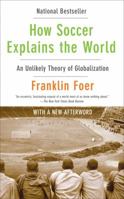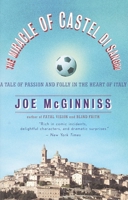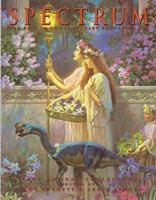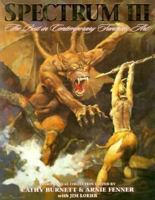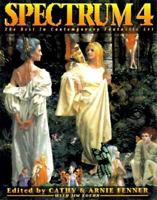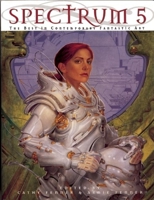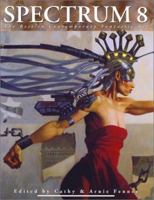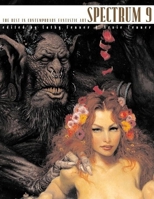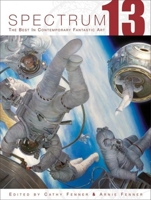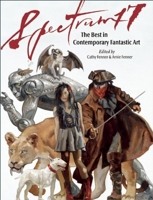Giggs: The Autobiography
Select Format
Select Condition 
You Might Also Enjoy
Book Overview
Ryan Giggs first played for Manchester United in the season before the Premiership began; back when Bryan Robson was still captain. He took possession of United's left wing and never loosened his grip. Over a fourteen year career so far, he's seen them all come and go- Cantona, Schmeichel, Beckham and the rest. Sir Alex Ferguson said of Giggs 'I knew we had an outstanding talent when we gave him his debut.' That was back in 1991, but it remains as true in 2005 as it ever was. Giggs has been a pivotal figure in United's dominance of the Premiership. There have been rivals but no other team can match their sustained record of success over recent years. And Giggs is the only player to have played in all eight of those title winning campaigns. Off the pitch, Ryan Giggs has always closely guarded his private life. But here he opens up for the first time, sharing details of the sometimes turbulent childhood that shaped him and the relationships that have mattered to him to reveal the man behind the famous number 11 red shirt.
Format:Hardcover
Language:English
ISBN:0805069534
ISBN13:9780805069532
Release Date:October 2003
Publisher:St. Martins Press-3PL
Length:208 Pages
Weight:0.84 lbs.
Dimensions:0.8" x 5.5" x 8.5"
Customer Reviews
5 customer ratings | 5 reviews
Rated 5 starsA fun read
By Thriftbooks.com User,
Gigg's biography is very readable. It's written in a conversational style, almost like you're having a beer with the guy and he's telling you his story. He's candid and good-natured and comes across as a humble, likable person. It will undoubtedly become a classic as he will eventually surpass Sir Bobby Charlton's all-time appearance record for Man Utd later this season. Every dedicated Man Utd fan would appreciate this...
0Report















